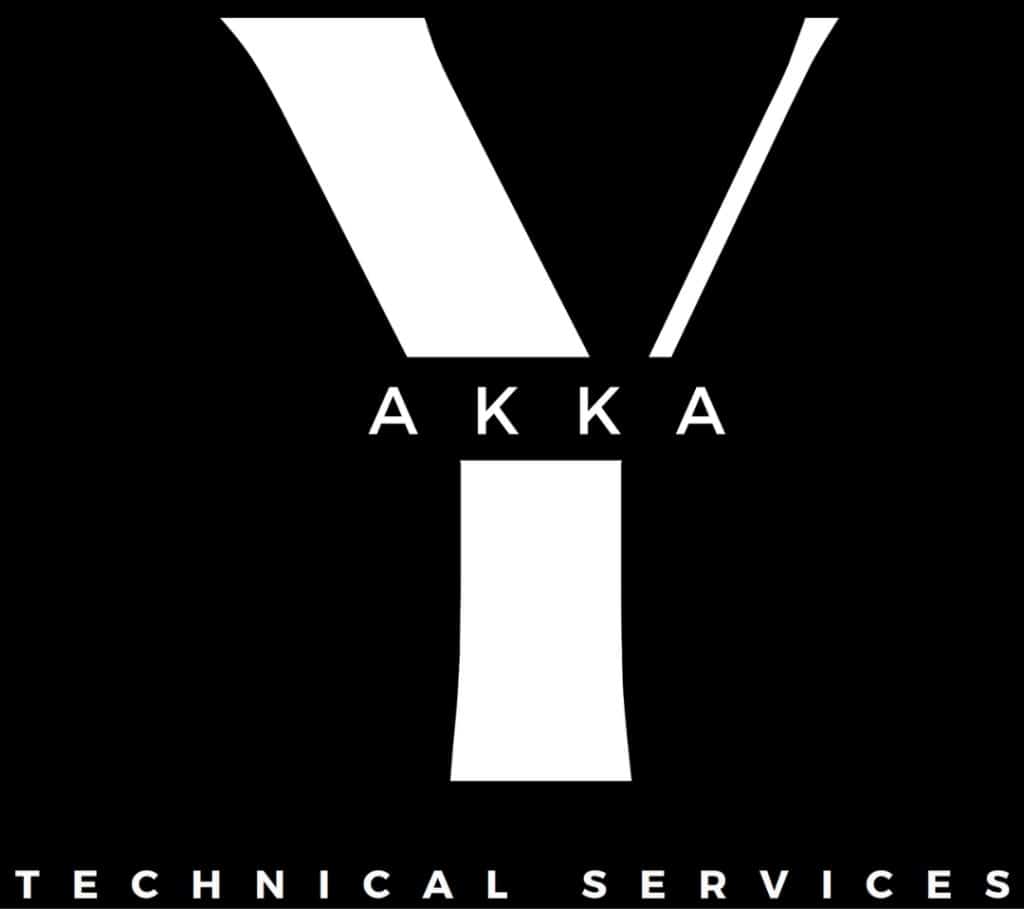The future of home automation is transforming how we live, making homes smarter, safer, and more energy-efficient. With advancements in AI, IoT, and machine learning, smart homes in 2030 will predict our needs, optimize energy use, and enhance convenience like never before.
In this article, we’ll explore 7 key trends shaping the future of home automation, from AI-driven energy management to self-learning smart appliances. These innovations will redefine modern living, whether you’re a homeowner or a business.
1. AI-Powered Smart Homes: The Brain Behind Automation
The future of home automation relies on artificial intelligence to learn user habits and automate daily tasks. AI-driven systems adjust lighting, temperature, and security based on real-time data, reducing energy waste by up to 30%.
Example: Smart thermostats like Nest or Ecobee learn your schedule and optimize heating/cooling automatically.
2. Energy-Efficient Smart Automation
Smart energy management is a cornerstone of the future of home automation. IoT sensors and AI analyze usage patterns, ensuring lights, HVAC, and appliances run only when needed.
Key Benefits:
- 20-50% lower energy bills
- Automated adjustments via motion sensors
- Remote control via smartphone apps
3. Voice & Gesture Control for Seamless Interaction
By 2030, voice assistants (Alexa, Google Home, Siri) will evolve to support gesture and facial recognition, making smart homes even more intuitive.
Example: Wave your hand to dim lights or use voice commands to lock doors.
4. Enhanced Home Security with AI Surveillance
The future of home automation includes AI-powered security cameras that detect intruders, recognize family members, and alert homeowners in real-time.
Features:
- Facial recognition
- Automated emergency alerts
- Smart locks with biometric access
5. Self-Learning Appliances for Maximum Efficiency
Smart refrigerators, washing machines, and ovens will use machine learning to optimize performance, reducing energy and water waste.
Example: A smart fridge tracks food expiry dates and suggests recipes based on available ingredients.
6. Integration with Renewable Energy & Smart Grids
The future of home automation will seamlessly connect with solar panels, wind energy, and smart grids, allowing homes to store and sell excess energy back to the grid.
Benefits:
- Lower electricity costs
- Reduced carbon footprint
- Energy independence
7. Health & Wellness Automation
Smart homes in 2030 will monitor air quality, adjust lighting for circadian rhythms, and even track sleep patterns for better well-being.
Example: AI-powered air purifiers detect allergens and adjust filtration automatically.
Why Choose Yakka for Smart Home Automation?
Yakka Technical Services delivers cutting-edge home automation solutions tailored to your needs.
- AI & IoT-powered systems
- Customized smart home setups
- 24/7 remote monitoring & control
🔗 Explore our solutions: yakkatechnicalservices.ae
FAQs About the Future of Home Automation
1. How does smart automation save energy?
AI and sensors optimize usage, reducing waste in lighting, heating, and appliances.
2. Is smart home automation expensive?
Initial costs vary, but long-term savings on energy bills make it worthwhile.
3. Can I control my smart home remotely?
Yes! Use smartphone apps to adjust settings from anywhere.
4. What are the best smart devices for 2030?
Top picks: AI thermostats, motion-sensing lights, smart blinds, and energy monitors.
Conclusion: Embrace the Future of Home Automation
The future of home automation is intelligent, efficient, and sustainable. By 2030, AI-driven smart homes will save energy, enhance security, and simplify daily life.
Ready to upgrade? Contact Yakka Technical Services for expert smart home solutions!


